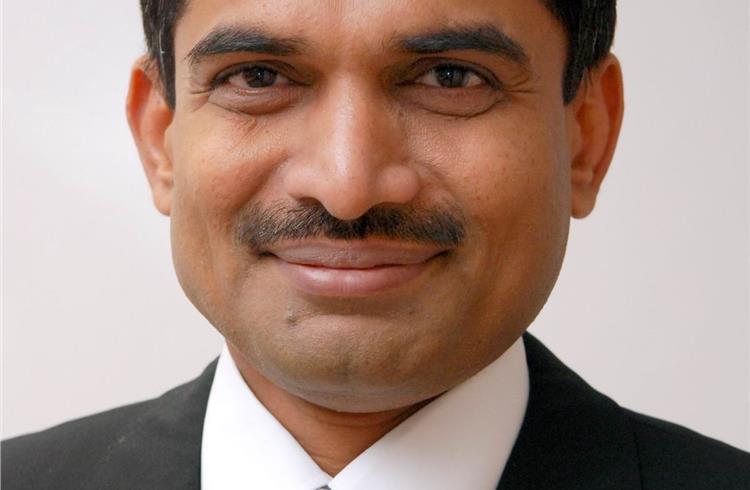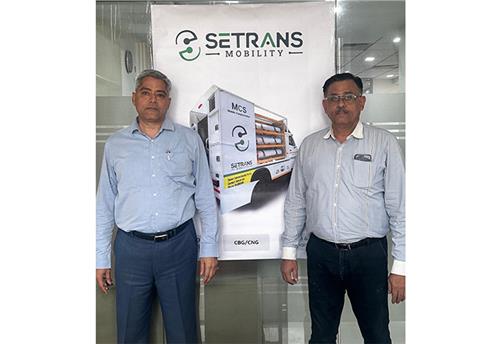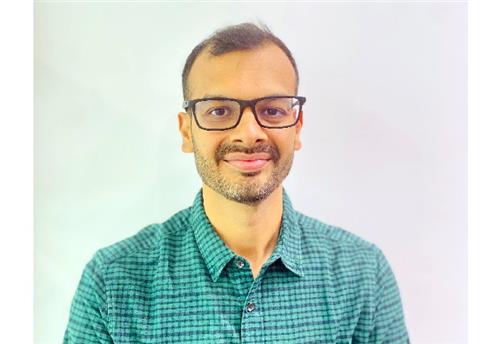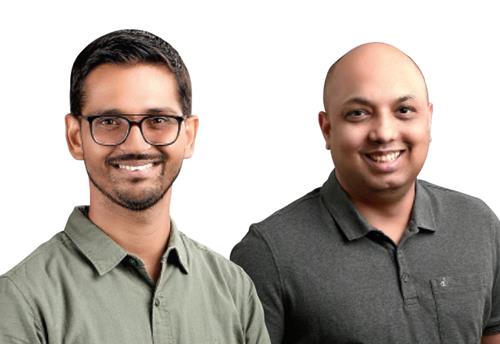'In the BRIC region alone, we are working with around 60 OEMs in the powertrain electronics sector.'
Robert Bosch Engineering and Business Solutions Ltd’s (RBEI) president and MD Vijay Ratnaparkhe speaks to Jaishankar Jayaramiah on the company’s core capabilities, its new research and tech centre in Bangalore and IoTS, among other things.
Robert Bosch Engineering and Business Solutions Ltd’s (RBEI) president and MD Vijay Ratnaparkhe speaks to Jaishankar Jayaramiah on the company’s core capabilities, its new research and tech centre in Bangalore and IoTS, among other things.
What are the latest developments driving growth for the company, both domestic and globally?
Third-party business will drive our growth. A few of our third-party customers are Daimler, Fuso and Sony India. We are working to provide SAP solutions to implement the business process of these companies. This helps them in areas like logistics and maintaining inventory.
Further within Bosch, we are taking ownership of products and service for big Bosch from here. Within Bosch, we want to drive business from here; for instance, powertrain electronics. In the BRIC (Brazil, Russia, India, China) region alone, we are working with around 60 OEMs in the powertrain electronics sector.
What are the core capabilities of RBEI’s Automotive Systems Laboratory and how is it benefitting the India market?
In the fourth quarter of 2012, RBEI had set up the Automotive Systems Laboratory (ASL) at its Bangalore complex. This laboratory allows engineers and researchers to study the modern running-mechanism in live engine and vehicle systems by providing hands-on experience with systems like engine management systems, clutch and brake systems, exhaust systems along with the sensors and actuators.
RBEI has responsibility in the powertrain domain for the whole BRIC region and for certain classes of automotives on a global level, like the Low Price Vehicles sector.
To strengthen our global competitiveness, we need to increase our innovation, research and development capabilities. Solutions developed here will not only contribute to reduction in carbon emissions in automobiles, but also build the skills of local engineers. It will benefit the city in many ways both in terms of infrastructure and talent. RBEI is also actively partnering various engineering institutes to design automotive curriculum and infrastructure that is needed to develop engineering talent at these universities.
RBEI’s new Research & Technology Center in Bangalore focuses on the Internet of Things and Services (IoTS). How will this drive innovation for the automotive industry and how can India achieve a strategic edge by becoming an early adopter of IoTS systems?
At the RTC in Bangalore, we do research on topics like Internet of Things and Services (IoTS), computer vision and data analytics. Present only in five other international Bosch locations, this prestigious high-end innovation centre in India is part of RBEI. It aims to engage with the finest academic research community and work with some of the best technical talent pool in India.
Bosch plans an investment of $ 10 million (Rs 59 crore) over the next five years in the Indian RTC. The research focus of RTC will be in IoTS. As a vision, Bosch believes that by 2020, more than 50 billion things which include vehicles and smartphones to containers and machines will be connected to the internet, making IoTs a reality. Entirely new services will emerge that will transform people’s everyday lives and open up new business opportunities.
Keeping this long-term vision in mind, RTC will focus on technologies for smart networking of devices and systems with enhanced reasoning and assistance capabilities. The technologies developed in the domain of IoTs also aim to address India-centric challenges, as Bosch believes that India can achieve a strategic edge by becoming an early adopter of IoTS systems. In addition to IoTS, RTC will also focus on research in the area of computer vision.
What is your take on the evolution of automotive transmissions in India? Do you think automatic transmissions will catch up? And is RBEI also working on offering low-cost automotive transmission solutions in this sphere?
Yes, RBEI is taking part in developing automatic transmission solutions. It is good for ease of driving but is expensive. There are solutions available from Bosch, which had shown the e-clutch at the New Delhi Auto Show. Basically it is a soft automation; not expensive but good for low speeds and essentially for city driving. There is also another solution called Continuous Variable Transmission (CVT) — it is a belt and not a gear — which is manufactured by Bosch in Vietnam. Many Japanese OEMs use this system.
What is the average level of electronics content inside cars (priced less than Rs 10 lakh) in the Indian market? Where do you see it heading by 2020?
At present, it is less than 10 percent for cars priced below Rs 10 lakh in the Indian market. By 2020, it there would be about 20 percent.
How is India placed compared to BRIC and other emerging economies?
The BRIC countries are emerging as the fastest growing and largest emerging market economies. They account for almost three billion people, or just under half of the total population of the world. Economic indicators predict that the future of the automotive industry lies in the BRIC countries. Together, Brazil, Russia, India, and China will account for around 30 percent of world auto sales in 2014 while also offering significant opportunities for R&D, sourcing, and manufacturing. Going forward, India will provide enough scale to justify completely individualised products, adapt standard platforms significantly to meet local requirements, and engage local partners as needed to help develop appropriate local sales-and-marketing concepts.
Bosch is known for its CSR activities globally. Do you have tie-ups with universities in India?
We have a lot of activities with universities. The biggest is with the Indian Institute of Science (IISC). The company had set up a Centre for Research in Cyber Physical Systems in IISC with a proposed investment of Rs 140 crore in 10 years from 2011. There are very few cyber physical system centres in the world and IISC is one among them. RBEI is funding almost two million euros (Rs 16 crore) every year for IISC to support this programme which conducts research on Intelligent Interconnected Systems. Besides this, we are connected to many colleges in Tamil Nadu and Karnataka and undertake programmes like participating in their tech days. We also recruit from these educational institutions.
RELATED ARTICLES
Setrans Mobility Booster Charging top-up 25% EV range in 15 minutes
Two enterprising tech-savvy entrepreneurs Rana Roshan Singh and Vivek Ummat of Noida, Uttar Pradesh-based start-up Setra...
'Our products are proudly 100% designed and made in India'
Creatara Mobility, a New Delhi based electric two-wheeler startup, claims to have tackled various challenges in making i...
'EVs have been around for a much smaller time than ICE, so best practices are still evolving'
EV OEMs and start-ups are under pressure to reduce production costs and bring them close to ICE counterparts. Vaibhav Ku...





 23 Jun 2014
23 Jun 2014
 3180 Views
3180 Views





 Autocar Pro News Desk
Autocar Pro News Desk




